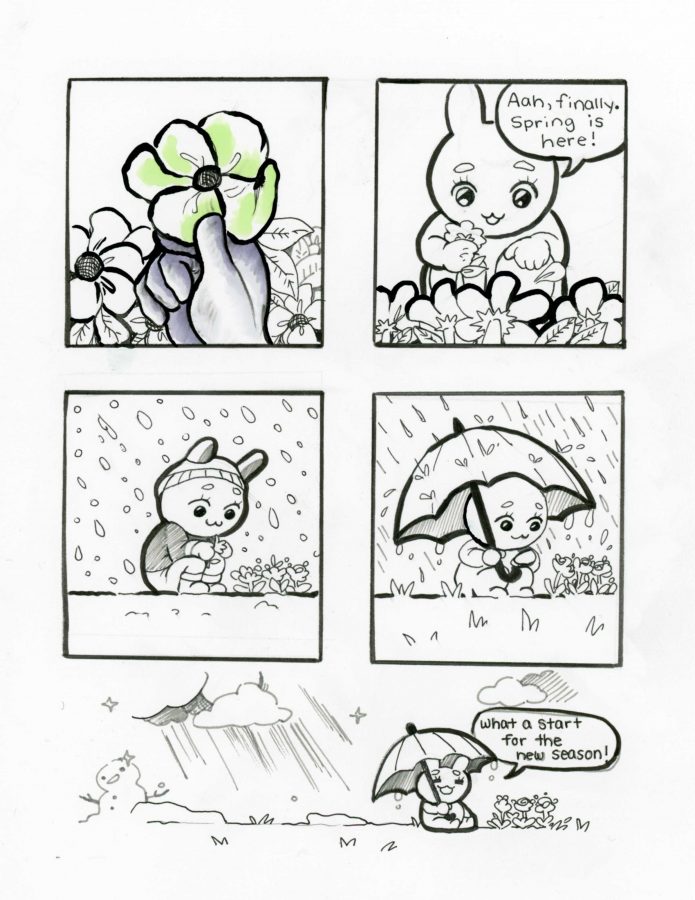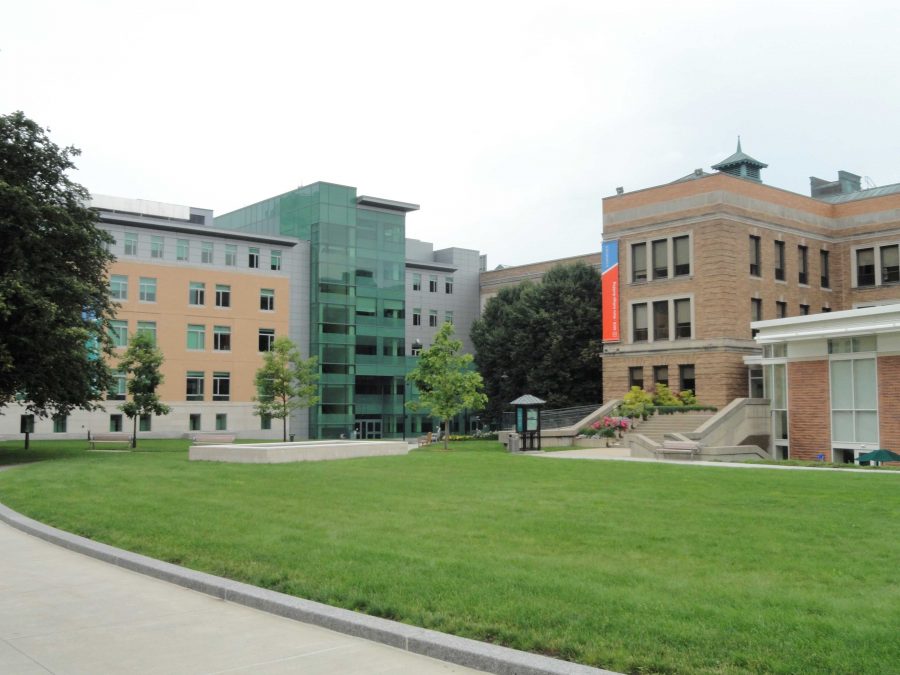By Ashley Vitale
Staff Writer
Simmons sophomore Sofia Opyr-Huskey knows how it feels to fall out of love with the major she planned on for years—library science. After a grueling search process for the perfect library science program, she began the combined undergraduate and master’s program in library and information science and soon found out it was not a good fit.
“In order to graduate, I would need to take 5 classes a semester. I found that I put a lot of effort into work that just wasn’t reflected in my grades,” Opyr-Huskey said. “It wasn’t intuitive for me.”
After she switched into the undergraduate sociology program, she had to address comments from family and friends that she sacrificed a lucrative coding career for a major which would deprive her of marketable skills.
Despite the stress, she found the shift worthwhile. “I think all changes are hard…but my grades sophomore year definitely reflect my struggle to succeed in my classes, and my overall confusion,” Opyr-Huskey said. “This year I expect a much better GPA. I feel that I can learn more, and better, than I was learning before.”
Much like Opyr-Huskey, Simmons students and others from across the country find themselves overwhelmed by the unexpected changes that the first half of college can bring. According to a 2013 research report from the Noel-Levitz firm, 25 percent of sophomores in four-year colleges say they do not feel energized by the ideas in their courses.
“Big decisions loom sophomore year: what are you going to major in and, by extension, do with your life?” explains Samantha Stainburn, writer for “The New York Times.” “Angst about committing to one path, and rejecting others, can cast a pall over the second year.”
Simmons students often pursue multiple majors and challenges, but changes in long-term plans can bring stress. Simply reaching the halfway point of college strongly affected Lindsey Stokes, a Simmons junior studying journalism.
“Second semester sophomore year kicked my butt. I had problems with stress, which naturally contributed to a pre-existing anxiety disorder,” Stokes said.
Such stress can also result from having too many interesting courses from which to choose. Graduate student Nicole Cunha, from the School of Library and Information Science, remembers considering economics, history, and philosophy as majors before deciding on a double major in English and information technology.
“Not to say I didn’t enjoy my studies, but it was a challenging road getting there. None of my classes overlapped!” said Cunha.
Sometimes, however, just one fascinating course or experience can make everything clear. Senior Christine Gronberg switched from physical therapy to international relations in her second year, after taking the Arab/Israeli Conflict course with professor Kirk Beattie.
“All I wanted to do was learn more about the history of that region and the cultural clashes instead of memorizing the ligaments in the human knee,” Gronberg said.
Complete clarity can also take a lot of trial and error. “I called my mother every week with a new major,” Suzanne Ronkin, director of Academic Advising and Support, shared with a laugh. “Sometimes our best-laid plans end up not being what our real dream job is.”
Ronkin emphasized that changes in major don’t have to cause disorientation and panic.
“I think there is a misconception that choosing the ‘wrong’ undergraduate major will negatively affect the rest of a student’s life. That is simply not the case,” she said. “There are so many majors that complement the many career choices out there.”
To alleviate concerns about careers or majors, Ronkin recommended that students visit the Career Education Center, talk to faculty and advisors about their courses, and set up informational interviews with professionals in their potential fields.
Students should discuss their interests, and they should not allow themselves to be swayed by others’ opinions when deciding on their own futures.
“There is something odd when the world tells us—in explicit or implicit ways—that the work we do does not deserve priority in our society,” said senior social work major Kim Lopez. “Money is not the key to my success; the true key to my success is whether I can live with my decisions and actions at the end of the day.”
No matter what graduating class you belong to or what your goals are, changes are always possible and can be positive in multiple ways.
“Life isn’t static,” senior social work major Larissa Pienkowski reminds students after deciding this year on a career in social research instead of practice. “Life is about learning about yourself and pursuing what you love, and things can always change. And that’s okay.”














